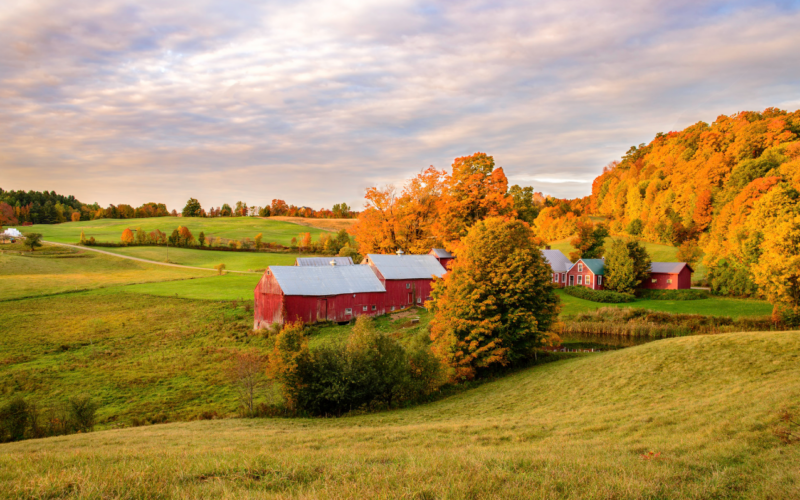America’s agricultural industry, a crucial pillar of the nation’s economy, relies significantly on the labor of farmworkers, many of whom do not have legal immigration status. A concerning revelation from recent reports is that at least 40 percent of crop workers in the United States lack legal documentation, contributing to a vulnerable situation that escalates as these workers age. The challenges faced by aging farmworkers are further compounded by Congress’s inability to address the flaws in the immigration system, leaving these essential workers in a precarious position. This article delves into the plight of America’s aging farmworkers, shedding light on their struggles and the urgent need for a safety net.
Miriam Jordan’s comprehensive reporting on aging farmworkers revealed a significant demographic shift in the field. The average age of foreign-born field workers in the United States has risen to 41, primarily consisting of Mexican immigrants who once engaged in circular migration. The traditional practice of crossing the border for seasonal work became increasingly difficult due to heightened border security measures, leading many farmworkers to settle in the United States. Despite their crucial contributions, the lack of legal immigration status places these workers in a vulnerable position, especially as they approach their 60s and 70s.
One of the critical issues faced by aging farmworkers is the absence of retirement plans and financial security. Miriam’s interviews with farmworkers across California, Oregon, Georgia, and Florida revealed a common sentiment: many expect to work until they die due to the absence of a safety net. The failure of Congress to address immigration reform exacerbates this issue, as undocumented workers are ineligible for essential benefits such as Social Security, Medicare, and other retirement relief. Despite contributing to Social Security through income taxes, these workers may never receive the retirement benefits they deserve.
Decades of strenuous physical labor, exposure to pesticides, and extreme heat take a toll on the health of aging farmworkers. While California has implemented a law allowing undocumented farmworkers access to health care through Medi-Cal, many other states lack similar provisions. The absence of comprehensive healthcare coverage raises concerns about the ability of aging farmworkers to afford medical treatment as they face the inevitable health challenges associated with their profession.
Miriam emphasized that undocumented farmworkers contribute significantly to the American economy. Their contributions to Social Security help keep the system solvent and benefit millions of Americans, despite the workers themselves being excluded from the very benefits they support. The unacknowledged sacrifices of these individuals, who have dedicated their lives to agricultural labor, underscore the urgent need for a compassionate and inclusive approach to immigration reform.
The plight of America’s aging farmworkers reveals a complex intersection of immigration policy, labor practices, and social responsibility. As these essential workers continue to age without a safety net, there is a growing need for comprehensive immigration reform that addresses the unique challenges faced by this demographic. Recognizing the contributions of aging farmworkers and providing them with the support they deserve is not only a matter of justice but also crucial for sustaining a vital sector of the American economy.








